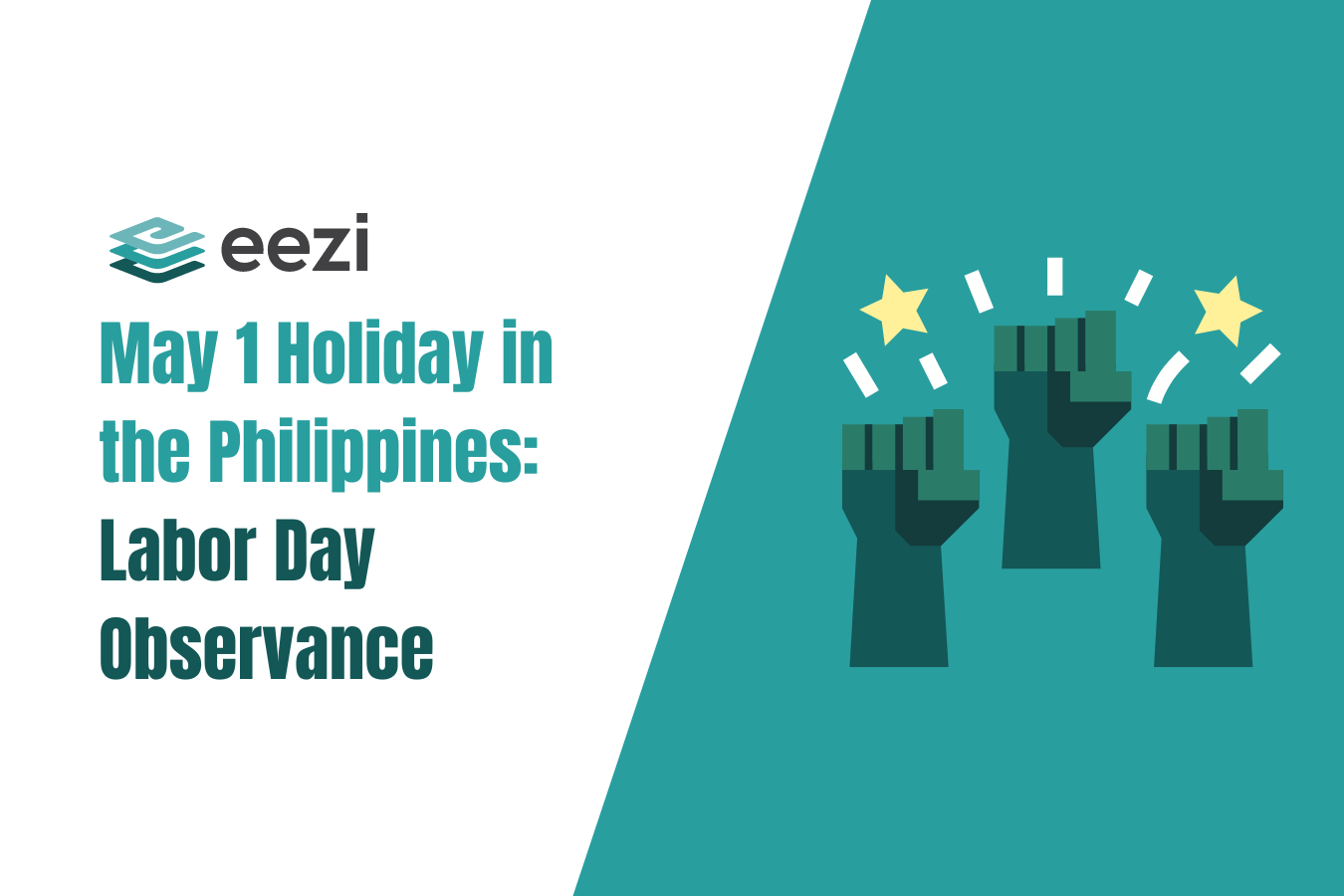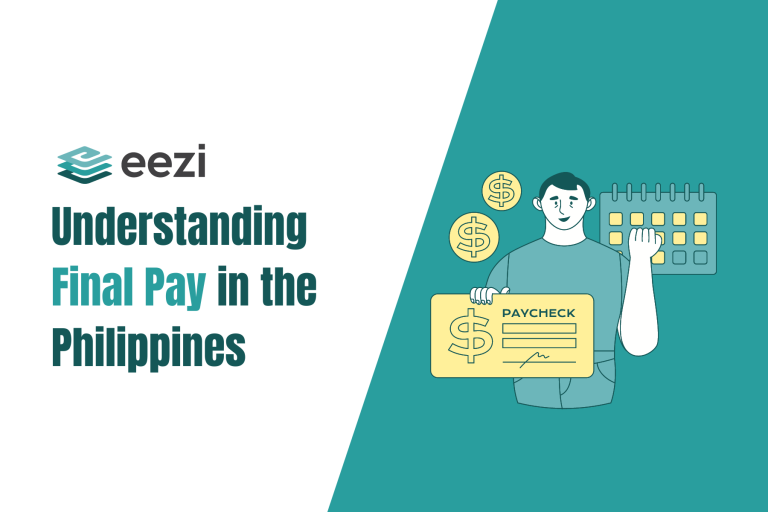What is the May 1 Holiday in the Philippines? Get familiar with the history, legal basis, and pay for employees on Labor Day.

Labor Day History in the Philippines
Many countries worldwide celebrate Labor Day on the first day of May. It is also internationally known as International Workers Day or simply Workers Day. In the Philippines, it is known as “Araw ng mga Manggagawa”.
The local commemoration on the first of May started in 1903. More than 100,000 workers marched from Tondo to Malacañang, the center of the then-American-led government and now the presidential palace.
The workers, organized by the Union Obrera Democratica de Filipina or U.O.D.F., marched there to voice their complaints. They protested the inhumane working environments and demanded fairer working conditions in the future.
From then on, every “Araw ng mga Manggagawa” celebration is an opportunity for progressive organizations and workers to organize. Additionally, these parades, rallies, and demonstrations are a platform for pitching their stand for reforms towards better working environments for every employee, including wage hikes.
Legal Basis for May 1 Holiday Observance
May 1 is an official holiday recognized as “Araw ng mga Manggagawa,” or Labor Day in the Philippines. This was the product of the bill, which recognized it as such on the eighth of April in 1908. Eventually, Labor Day also became a national holiday in the Philippines.
A national holiday, or a legal holiday, is one that the law recognizes. As such, it requires government offices to close. Furthermore, it encourages business establishments to award employees with a day off with pay.
Many years later, the 1987 Administrative Code of the Philippines (Executive Order N0. 292) declared May 1, or Labor Day, a regular holiday in the Philippines. In addition, Republic Act No. 9492 amended Section 26, Chapter 7, Book 1 of the 1987 Administrative Code. It indicates which holidays have movable dates and reiterates all regular and special holidays.
Annually, a proclamation is released by the current president regarding the celebration of Labor Day on May 1.
Labor Day across the world
Labor Day, also called Workers’ Day, is most commonly celebrated on the 1st of May across the world. This event is of significant importance to trade unions and labor unions alike. Commonly referred to as Workers’ Day, this official public holiday commemorates the hard-won rights and contributions of laborers globally.
Day celebrations vary from country to country but often include parades, demonstrations, and gatherings organized by unions to advocate for workers’ rights and fair labor practices.
In the Philippines, Labor Day is an official Public holiday celebrated and observed with fervor. It echoes the sentiments of solidarity and empowerment shared by workers worldwide. Trade unions play a pivotal role in orchestrating rallies and events across the nation, highlighting issues such as fair wages, decent working conditions, and social protections for workers.
Labor unions use this occasion to amplify their voices, advocating for policies that prioritize the well-being and rights of the workforce. It’s a day of both reflection on past struggles and a call to action for continued progress in the realm of labor rights and social justice.
Compensation Computation on Labor Day
Labor Day being a regular holiday means that the rules on compensation specified by the Labor Code for regular holidays will apply.
Unworked Labor Day
If Labor Day falls on a workday and the employee does not work, they will still receive 100% of their basic salary. The computation for the compensation on unworked labor day is as follows:
Compensation = (basic wage + COLA) x 100%
Here, COLA means Cost of Living Allowance.
Worked Labor Day on a regular workday
Suppose the employee works on Labor Day for an eight-hour day work. In that case, they will receive a double pay for that day. The computation for the compensation can follow the following formulas:
First Eight Hours
Compensation = (basic wage + COLA) x 200%
Overtime (in excess of eight hours work)
Compensation = hourly rate of basic wage x number of hours x 200% x 130%
Worked Labor Day on employee’s rest day
Next is Labor Day, which falls on the employee’s rest day. Should the employee work, they will receive an additional 30% on top of the double pay. The formula for the computation of compensation for such conditions is as follows:
First Eight Hours
Compensation = [(basic wage + COLA) x 200%] + [(basic wage x 200%) x 30%]
Overtime (in excess of eight hours work)
Compensation = hourly rate x number of hours x 200% x 130% x 130%
Official list of holidays in 2024
There are many holidays celebrated in the Philippines throughout the year: regular holidays, national holidays, public holidays, special holidays, working holidays, and non-working holidays. For the year 2023, here is the official list of holidays with holiday economics applied.
Regular Holidays
- New Year’s Day
- Maundy Thursday
- Good Friday
- Araw ng Kagitingan
- Labor Day
- Independence Day
- National Heroes Day
- Bonifacio Day
- Christmas Day
- Rizal Day
Special Non-Working Holidays
- Black Saturday
- Ninoy Aquino Day
- All Saint’s Day
- Feast of the Immaculate Conception of Mary
- Last Day of the Year
Additional Non-Working Holidays
- January 2, 2023
- November 2, 2023
Labor Day Pay the eezi way
Worried about getting Labor Day pay wrong? Let eezi Payroll handle it and you’ll get it right every time! Worry no more, try eezi Payroll now!



